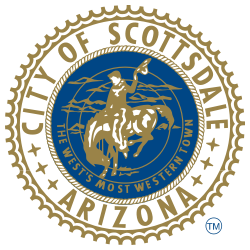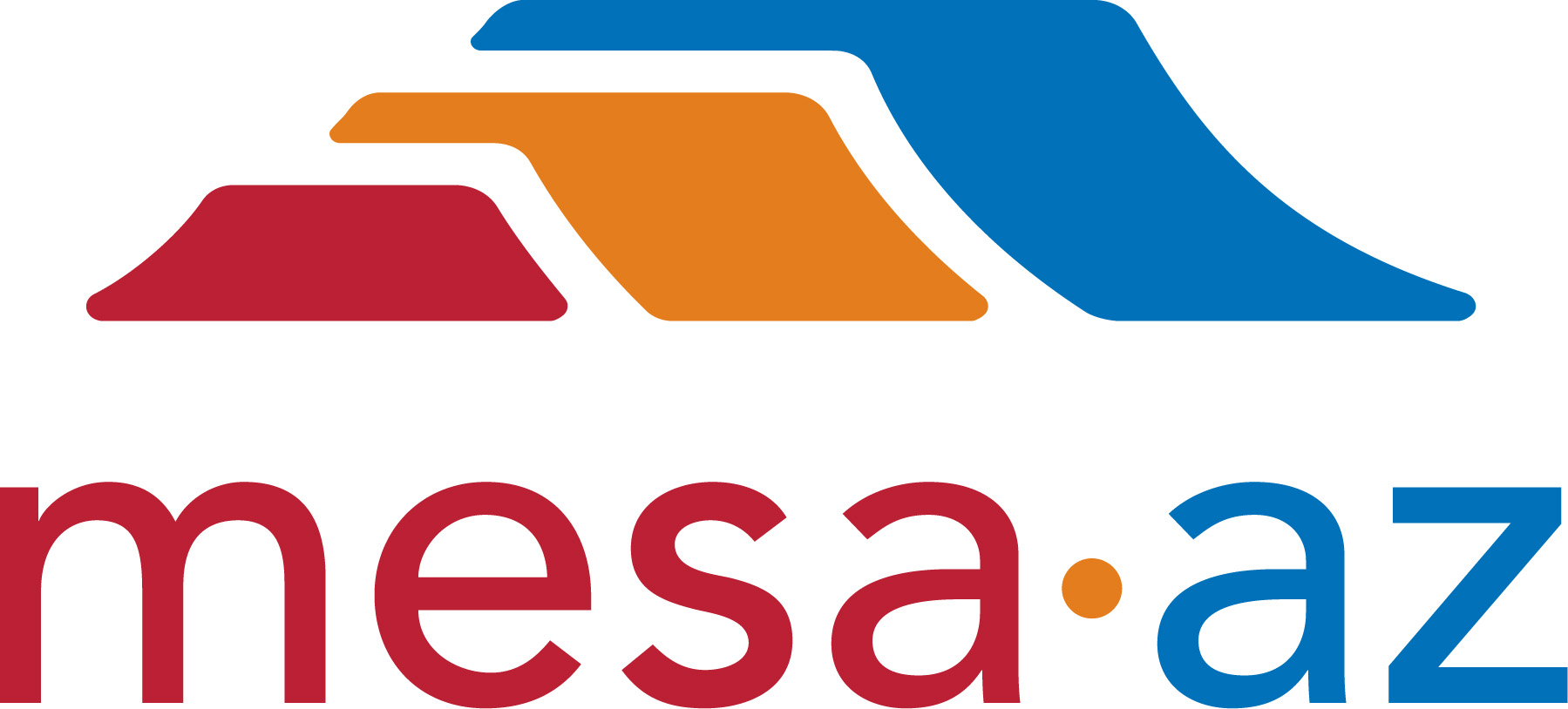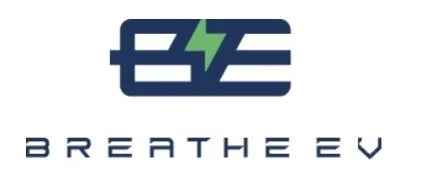In This Issue
Ethanol as an alternative Fuel
SRp’s FLeet Electrification Program
City of Phoenix Wins Green Fleet Award
FUNDING OPPORTUNITIES
Ethanol As An Alternative Fuel
Ethanol is a domestically produced renewable fuel that reduces harmful emissions when used in vehicles. It is made from the fermentation of biomass feedstocks such as corn and sugarcane. The United States is the world's largest producer of ethanol, having produced over 15 billion gallons in 2021. (afdc.energy.gov) Most of the ethanol produced in the United States comes from corn, but ethanol can also be produced from other crops, grass and wood byproducts.
There are several environmental benefits to using ethanol as a transportation fuel. The use of ethanol blends such as E85 decrease tailpipe emissions of CO2 and many other harmful substances. The life cycle green house gas emissions of ethanol are also much lower than gasoline and diesel. This is because the amount of CO2 released when ethanol is used in a vehicle is offset by the CO2 captured by the feedstock crops that are grown to make ethanol. On a life cycle basis, greenhouse gas (GHG) emissions are reduced by 40% on average with corn based ethanol.
Once produced, ethanol is blended with gasoline at different percentages for use in vehicles. Almost all of the gasoline in the US contains 10% ethanol mixed with 90% gasoline, this blend is called E10. The addition of ethanol to gasoline reduces air pollution and improves engine performance. E10 can be used in any gasoline powered vehicle but higher blends of ethanol such as E15, and E85 can only be used in newer vehicles or flex fuel vehicles. Flex fuel vehicles are designed to run on gasoline, E85 or any blend of the two. There are many flex fuel vehicles available today, look up flex fuel vehicles and other alternative fuel vehicles on the Alternative Fuel Data Center.
SRP’s EV and Fleet Electrification Program
More Than Just Cash Incentives for Your EV Project
Salt River Project (SRP) is supporting electric vehicle (EV) deployment in the utility’s local territory with cash and non-cash incentives. Through the BizEV Program, SRP customers can receive cash rebates for installing EV chargers such as:
Beyond cash incentives, SRP is funding zero-cost fleet electrification assessments for business customers. These tailored analyses define the financial and environmental impacts of converting a business vehicle fleet to electric, while showing you the best options for your business. View a sample Fleet Assessment Report Here. The table below shows the minimum requirements fleets must meet to qualify for a free Fleet Electrification Assessment:
View the Fleet Electrification Fact Sheet.
Visit the Business Electric Vehicle Charging program website, or reach out to the Fleet Electrification Account Manager, Zach Heninger zach.heninger@icf.com, to advance your electrification goals and offset your project costs today.
Leverage the power of SRP business events by visiting Special events for SRP business customers | SRP (srpnet.com).
Check your eligibility by visiting Service area and territory (electric power and water) | SRP (srpnet.com).
Congrats City of Phoenix!
City of Phoenix Wins Top Green Fleet of 2023 Award
Congratulations to the City of Phoenix! Phoenix has won “Top Green Fleet of 2023” at NAFA Fleet Management Association’s annual Green Fleet Awards. These awards recognize fleet accomplishments in sustainability and their commitments to reducing emissions through the adoption of alternative fuels and green fleet initiatives. The city of Phoenix has been a leader in sustainable fleet practices for many years and continues to adopt new clean fuel technologies to reduce its dependency on petroleum. It’s fleet currently utilizes electric and alternative fuel vehicles that run on E-54 ethanol, biodiesel, CNG, LNG and recently Renewable Natural Gas (RNG).
Funding Announcements
Tribal Electrification Program Announcement
On August 15, the U.S. Department of the Interior announced the launch of a new Tribal Electrification Program and availability of $72.5 million in initial funding through President Biden’s Investing in America agenda to help Tribal communities electrify homes.
The funding announcement is part of an overall $150 million investment from the Inflation Reduction Act to support the electrification of homes in Tribal communities.
The Tribal Electrification Program will meet the unique needs of individual Tribal communities by supporting collaborative and community-led planning and implementation.
The program will:
Provide financial and technical assistance to Tribes to connect homes to transmission and distribution that is powered by renewable energy.
Provide electricity to unelectrified Tribal homes through zero-emissions energy systems.
Transition electrified Tribal homes to zero-emissions energy systems.
Support associated home repairs and retrofitting necessary to install the zero-emissions energy systems.
View the full press release and visit the Tribal Electrification Program site to learn more and apply.
National Diesel Emissions Reduction Act Funding
Opportunity Number: EPA-OAR-OTAQ-23-03
Closing Date: Friday, December 1st, 2023
EPA’s Office of Transportation and Air Quality is soliciting applications nationwide for projects that achieve significant reductions in diesel emissions. Priority for funding will also be given to projects that engage and benefit local communities already overburdened by air pollution, protect grant funded investments from severe weather events caused by climate change, and applicants that demonstrate their ability to promote and continue efforts to reduce emissions after the project has ended. EPA anticipates awarding approximately $115 million under this NOFO. Awards will be selected and managed by EPA’s ten regional offices. EPA anticipates 4-10 cooperative agreements awards per EPA region, subject to the availability of funds, the quality of applications received, and other considerations. Please visit www.epa.gov/dera/national for questions and answers and additional details.
2022-2023 Diesel Emissions Reduction Act (DERA) National Grants
ELIGIBLE ACTIVITIES
Eligible activities include the retrofit or replacement of existing diesel engines, vehicles and equipment with EPA and California Air Resources Board (CARB) certified engine configurations and verified retrofit and idle reduction technologies.
Please refer to the FY22-FY23 DERA National NOFO for specific information.
Pilot Program for Transit-Oriented Development Planning FY 2023 Notice of Funding
Date Posted: August 8, 2023
Date Close: October 10, 2023
Opportunity ID: FTA-2023-011-TPE-TODP
On August 7, 2023, FTA announced the availability of approximately $13.4 million in competitive grants for the Fiscal Year 2023 Pilot Program for Transit-Oriented Development Planning Program. This year, applications with a substantial focus on affordable housing may receive up to 100% federal support.
Pilot Program for TOD Planning helps support FTA’s mission of improving America’s communities through public transportation by providing funding to local communities to integrate land use and transportation planning with a new fixed guideway or core capacity transit capital investment. Comprehensive planning funded through the program must examine ways to improve economic development and ridership, foster multimodal connectivity and accessibility, improve transit access for pedestrian and bicycle traffic, engage the private sector, identify infrastructure needs, and enable mixed-use development near transit stations.
WEBINAR: ON AUGUST 17TH, AT 2PM EST,
FTA will host a webinar for this funding opportunity. The webinar will provide an overview of the program and describe eligible applicants and projects.
Additional Funding Opportunities are available through the USDA. Learn more HERE.
Member Spotlight
City of Scottsdale
The city of Scottsdale is ranked as one of the most desirable communities to live and work in and is also a popular tourist destination. Residents and visitors can enjoy bustling Old Town Scottsdale, many restaurants, museums, and shops. The city also has close access to natural desert including Scottsdale’s McDowell Sonoran Preserve, where people can enjoy exploring more than 60 miles of trails. The city has also been a long time member of Valley of the Sun Clean Cities Coalition and shares our goal of improving air quality through the use of alternative fuels. Over the years the city has worked to reduce emissions and continues to explore sustainable solutions for its fleet and operations. For example, the city uses Compressed Natural Gas in its solid waste trucks and bus trolleys and will soon be using Renewable Natural Gas in these vehicles for even greater carbon reduction.
VSCCC strives to provide alternative fuel information to all people within our region. In order to increase our outreach abilities we are working with local agencies to share our newsletter and clean fuel resources with an even greater audience. We are proud to partner with the Inter-Tribal Council of Arizona's Air Quality Department, ASU's Sustainable Cities Network and Maricopa County Air Quality Department.
OUR NEWSLETTER IS ALSO AVAILABLE IN SPANISH!
Translations done by Diego Montemayor- diego@cleanairaz.org

















